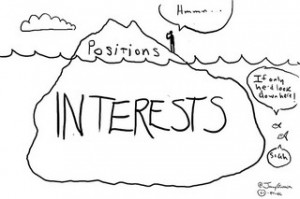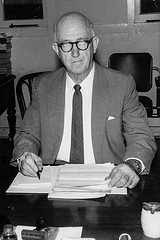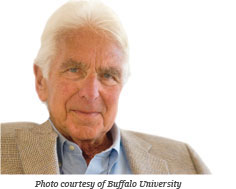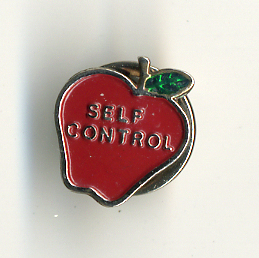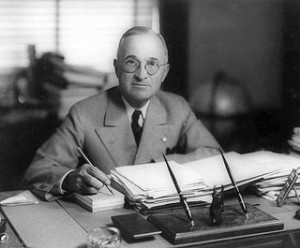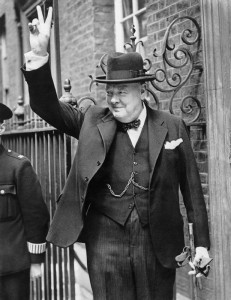(This is a guest post from Rodney Mills, a leadership coach and speaker and close friend of Leadership Voices. You can read the original post on his blog or find out more about his services by clicking HERE. Sign up for his blog and get his latest eBook – The Personal Mastery Resource Kit – absolutely free!)
You know how a fish looks when you take it out of water? That’s how I look when I’m in the water! No kidding. So what am I doing signing up for a Triathlon?

That’s what I keep asking myself over and over. I’ve been running and cycling rigorously for a couple of years now, and I’ve even done a couple of duathlons. This triathlon thing has been on my bucket list for a long time, so I thought now is as good a time as ever to get it done.
But I can’t swim. Well, I can swim, it’s just not a very pretty sight. As I’ve been trying to explain my plight to family and friends, hoping for some sympathy, it dawned on me the reason I’m so uncomfortable with this skill.
Swimming is not a natural thing for me to do. I didn’t grow up around pools or lakes. For a few weeks, in the sixth grade, the school loaded us up on busses once a week to take us down to the local YMCA for swimming lessons. Then, one week each summer, I’d go to camp and get about an hour a day in the pool. That’s about it for me. No wonder swimming isn’t natural.
We learn to run fairly quickly. My mom says when I was two, I was so efficient at running, I scaled a ladder leaned up against the house and ran up and down the roof line, evading my dad’s best efforts to rescue me, while my mom nearly died of heart failure. Running is natural for me.
Now, riding a bike? That wasn’t very natural at first. But it didn’t take much time until the training wheels came off. Before long, I joined the other Evil Kenevils of the world, screaming out, “Look Ma! No Hands!” Cycling is very natural to me now.
The reason I’m not comfortable swimming yet is because I haven’t done it enough. I’ve got to work on my breathing and my stroke. I’ve got to be okay with keeping my face down in the water. I’ve got to stop worrying about what everybody thinks of how I look in my Speedo. (Okay. I don’t wear a Speedo. I promise you: I never will!)
Why am I telling you all this? Hang in there with me a minute and I think you’ll get it.
In my last post, I talked about the Four Pillars of Trust: Integrity, Humility, Gratitude, and Generosity. If you didn’t get a chance to read that, click HERE to go back and check it out. My argument is that trust is the “currency of leadership” (or any relationship for that matter). Trust is the basis of permission-based leadership as opposed to positional leadership which relies on command and control.
In that post, I also promised we would talk about the Foundation of Servant Leadership. It’s a very simple concept – just one word – yet it is profoundly difficult to fully grasp. That foundation is: love.
Since I first started studying servant leadership several years ago, one thing has puzzled me more than any other: What is the motive for servant leading? Other than believing it seems like a noble way to lead, how could it ever be natural? Well, the answer is found in this foundational truth of love.
Click here to read the rest of the article »
Caring is sharing. Will you please share this with your network?
 It seems to me that the very meaning of leadership is someone that leads. So how could it be possible to share leadership? I am thinking shared leadership is “one too many cooks in the kitchen”. So, is sharing leadership an acceptable model. Could it work?
It seems to me that the very meaning of leadership is someone that leads. So how could it be possible to share leadership? I am thinking shared leadership is “one too many cooks in the kitchen”. So, is sharing leadership an acceptable model. Could it work? Sharing leadership isn’t easy, but it’s definitely possible, and in many cases, highly successful. For instance,
Sharing leadership isn’t easy, but it’s definitely possible, and in many cases, highly successful. For instance, 


